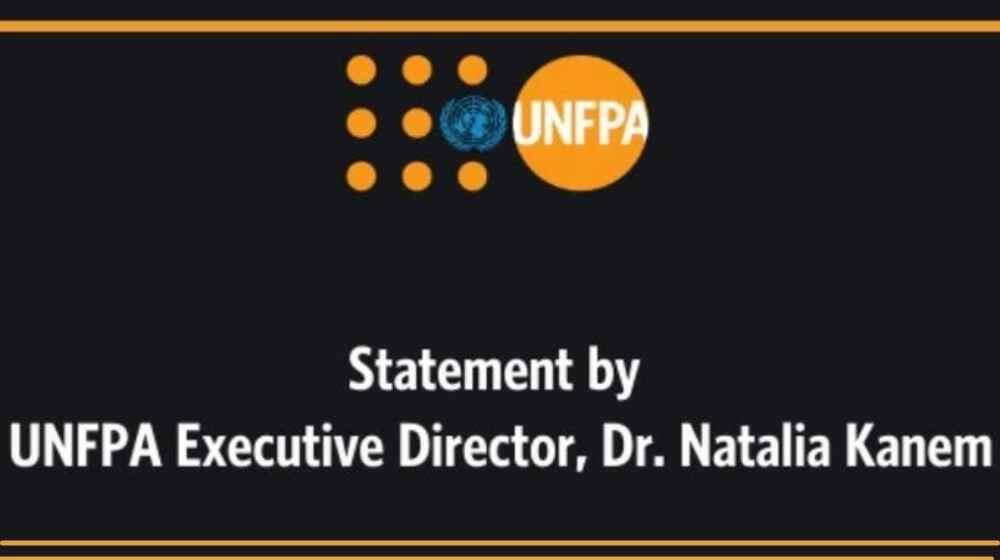Women and girls pay a heavy price during conflicts and emergencies.
More than 1.7 million people, mostly women and children, have now fled from their homes in Ukraine to neighbouring countries. For them, displacement will bring increased vulnerability to violence, sexual abuse and exploitation. Moreover, many of these women are pregnant and may need medical care or help with complicated pregnancies. A lack of access to healthcare in these situations puts their lives at risk.
Conflicts, climate shocks and the continuing COVID-19 pandemic have exacerbated gender inequalities. Today a record number of people around the world are displaced and in need of humanitarian assistance and access to essential services, and it is women and girls who are paying the heaviest price.
While the conflict in Yemen has slipped from global attention, seven years of fighting has decimated the health system, leaving an estimated 5 million women and girls without access to lifesaving sexual and reproductive health services. Today, one woman dies during childbirth every two hours in the country from causes that are almost entirely preventable.
For millions of women and girls who have lived in the shadow of conflict in eastern Ukraine for the last eight years, gender-based violence, already a daily reality, is likely to get worse. For some young women and girls in Syria, violence and abuse are all they have ever known.
Simply put, women and girls living in emergencies around the world are robbed of the ability to take charge of their bodies, lives and futures. Their suffering is immense - it is unjustified and needless.
The remarkable global progress that has been made over the past two decades in advancing sexual and reproductive health and rights is in jeopardy in conflict and fragile settings around the world. We saw just how quickly hard-won gains made for women and girls unravelled in the face of the crisis in Afghanistan. In Tigray in northern Ethiopia and Cox’s Bazar in Bangladesh, women and girls continue to bear the heavy cost of conflict and its aftermath.
In the Philippines, and in Haiti, Tonga and other small island developing states, the impacts of the climate crisis and intensifying natural disasters put pressure on women’s livelihoods and their ability to access food, water and other basic necessities, leaving them more vulnerable to discrimination, exploitation and abuse.
On this International Women’s Day, I call upon the international community to ensure that women’s and girls’ health, rights and dignity are safeguarded, and critical infrastructure, protected, in every conflict and crisis-affected country. Sexual and reproductive health services must not be an afterthought in emergencies. For the woman about to give birth or the adolescent girl subjected to sexual abuse, these services are as vital as food, water and shelter, and can mean the difference between life and death.
We must listen to women's voices and invest in their leadership and resilience. Women bring communities together; women lead efforts to mitigate and adapt to climate change; and women can drive reconciliation and ensure long-lasting peace.
Every day of every conflict or crisis is a day that moves us further away from creating the better, more sustainable, and more equal future we want. Women and girls around the world need and deserve peace.



